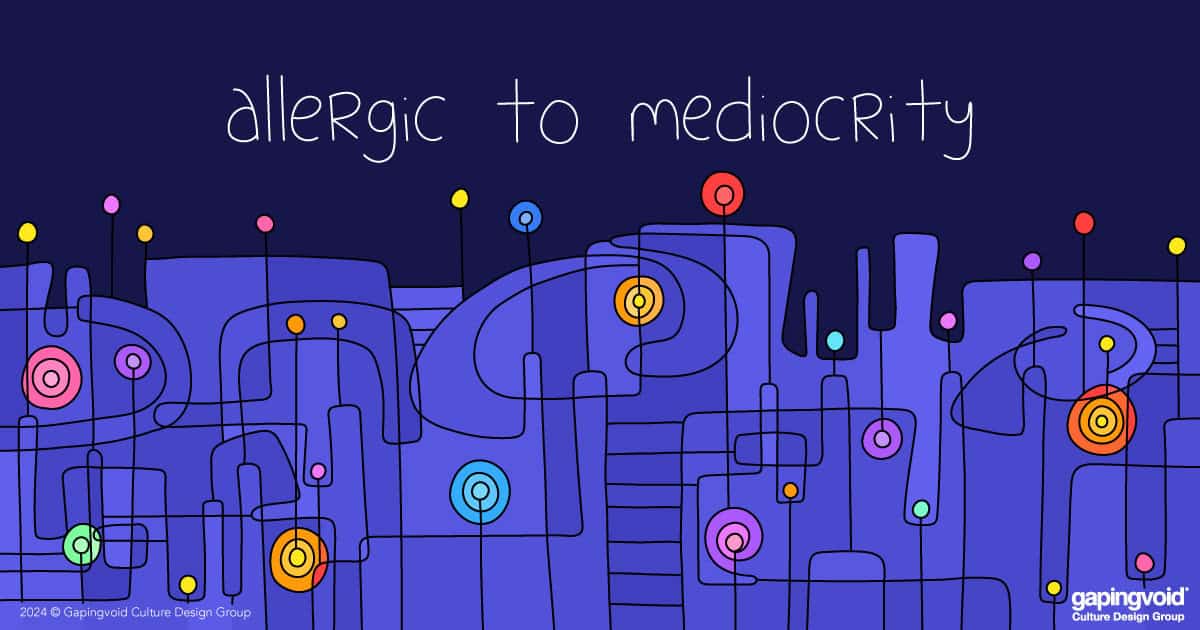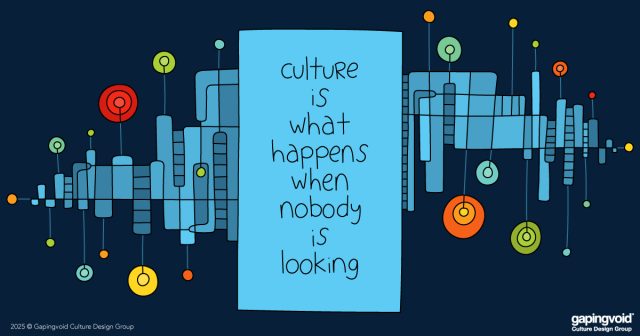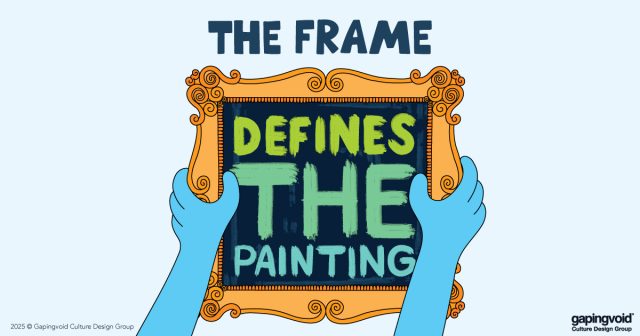
From the 1970’s to around the financial crash of 2008, one could credibly argue that London advertising was the best in the world.
Sure, the British are a clever, witty, literate bunch. And Britain’s advertising industry was a closer-knit industry than the US. But their real success was something more fundamental and transformative:
They made mediocrity uncomfortable.
In London’s tight-knit ad scene, reputation was everything. Subpar work wasn’t just a disappointment, it was a threat. There were far fewer jobs than in the US, making aiming high not just a nice to have but the only viable path.
What they did, without even realizing it, was collectively refuse to settle. Creating an environment where good enough was never good enough. Peers were both your harshest critic and your greatest motivators.
The outcome was a self-fulfilling prophecy – a flywheel of excellence where every great campaign raised the bar, making the next one even better. There was no secret, it was just sustained, collective ambition. Just like any elite team with high standards- the US Marine Corps, Formula One, the Postwar Abstract Expressionists, etc. when there is no incentive to do otherwise, great work becomes inevitable.
The good news for the rest of us is that this extends far beyond the ad world. To build a kick-ass product or a truly exceptional team, we can’t demand excellence, we must create an environment where high standards are the norm, not the exception.
To be clear, the London Ad scene wasn’t filled with Mozart or Picasso, they were simply normal, hard working, talented people. Excellence isn’t born from a handful of A players, it emerges from a culture of highly-driven people that refuse to accept anything less.
As Henry David Thoreau said, “The mass of men lead lives of quiet desperation.”What might happen if we choose to make mediocrity intolerable?



